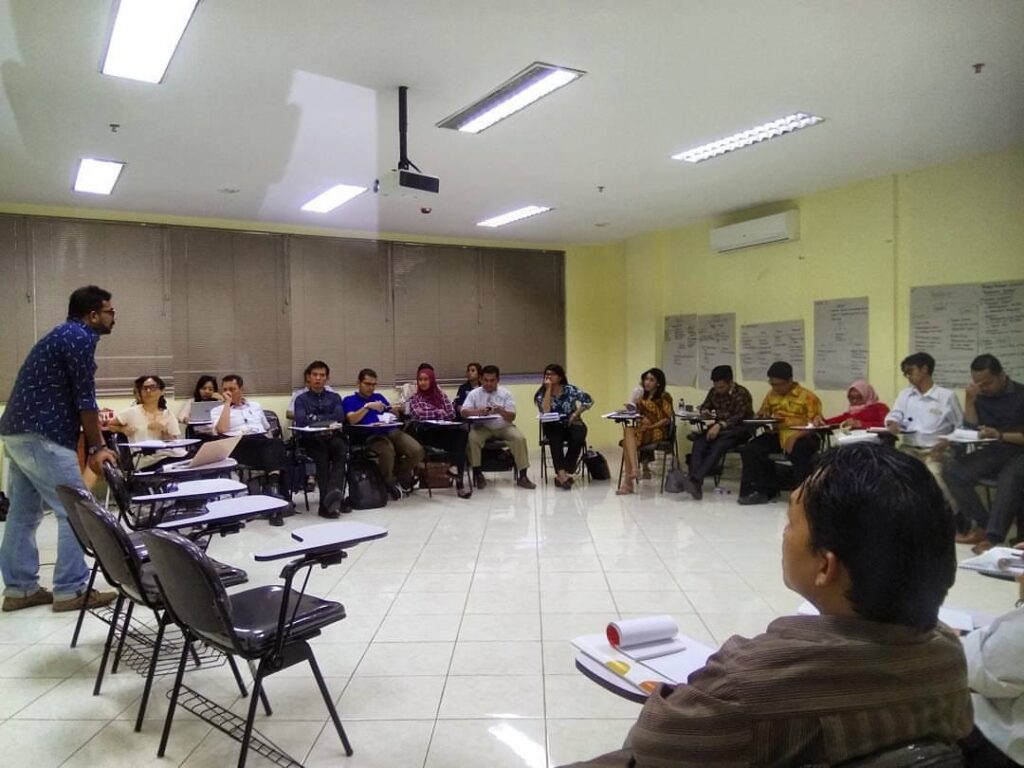Book Launch on Human Rights | Sunday, 10 December 2017
The book titled, “Dialektika Universalisme dan Relativisme Hak Asasi Manusia di Indonesia” will be launched on 10th December 2017 in the commemoration of human rights day. The event is held by CHRM2 in cooperation with Indonesian Consortium of Human Rights Lecturers (SEPAHAM Indonesia).
Discussion: Vulnerable Groups and Legal Aid | Friday, 15 September 2017
The event is under the theme,“the protection and fulfillment of the right of vulnerable groups in Jember and its relation to the right to legal aid.” It will highlight human rights issues in Jember as a means to encourage the awareness of the local government in regard to marginal communities to obtain their constitutional rights. […]
Human Rights Lecturer to Join Transitional Justice Course at UNEJ

CHRM2 has facilitated a short course on transitional justice in Indonesia on 6-10 August 2017, a programme conducted by Asia Justice and Rights (AJAR) in cooperation with Indonesian Consortium of Human Rights Lecturer (SEPAHAM Indonesia). It is conducted on the 5th floor, CDAST Building, University of Jember. The event invited Indonesia’s renowned experts and practitioners on […]
Politics of Memories: Struggle of 1965 Victims Communities in Indonesia
Rian Adhivira Prabowo Institute of Human Rights and Peace, Mahidol University rianadhivira@gmail.com Abstract 1965 is an unresolved case in Indonesia. Going hand in hand with the culture of impunity and historical amnesia of the events, it leaves the “victims” without any legal recognition. This paper will elaborating the idea of France philosopher, Jacques Ranciere, on […]
